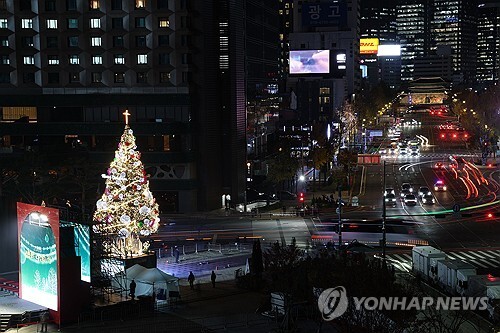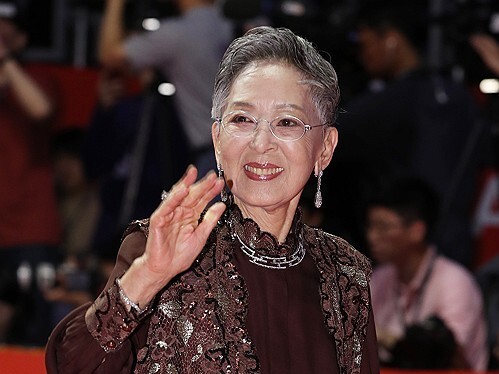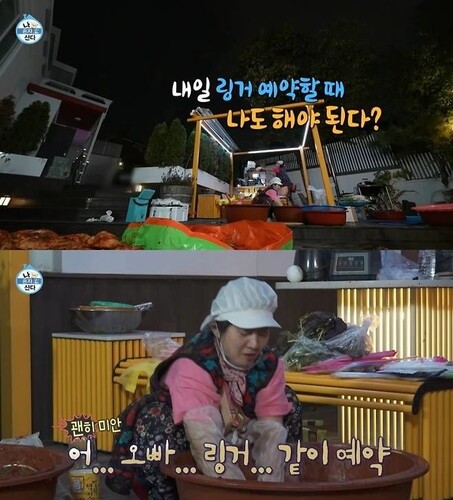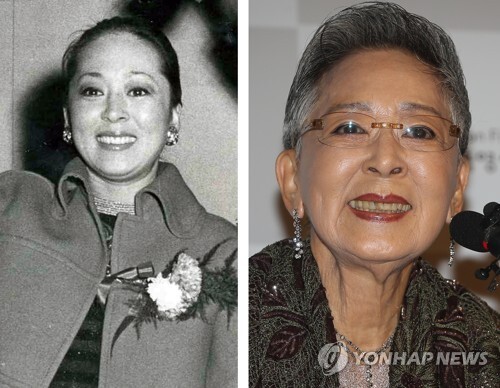(Movie Review) Spring Night
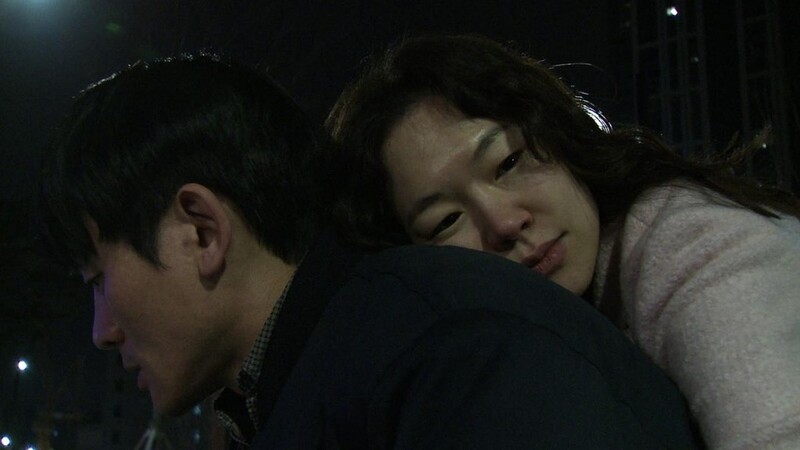 |
| ▲ This photo, provided by Cinema Dal, is a scene from the Korean film "Spring Night." (PHOTO NOT FOR SALE) (Yonhap) |
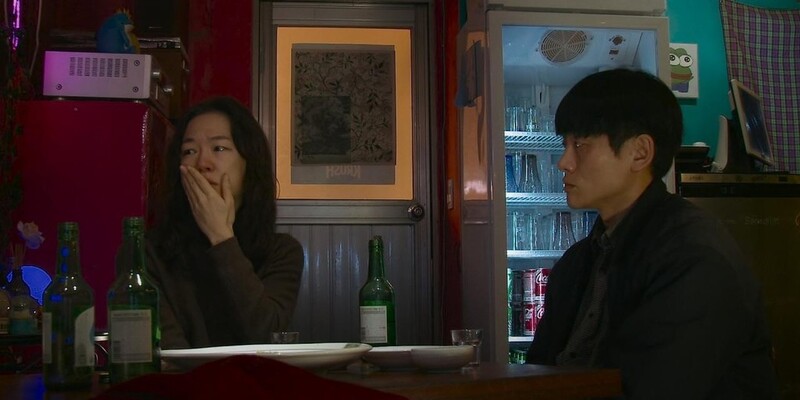 |
| ▲ This photo, provided by Cinema Dal, is a scene from the Korean film "Spring Night." (PHOTO NOT FOR SALE) (Yonhap) |
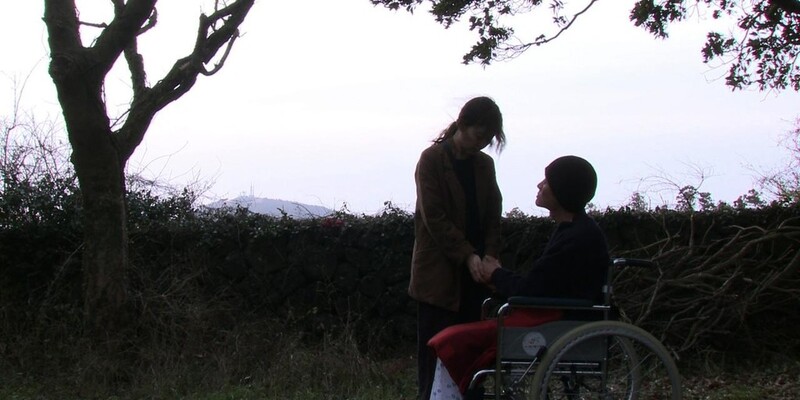 |
| ▲ This photo, provided by Cinema Dal, is a scene from the Korean film "Spring Night." (PHOTO NOT FOR SALE) (Yonhap) |
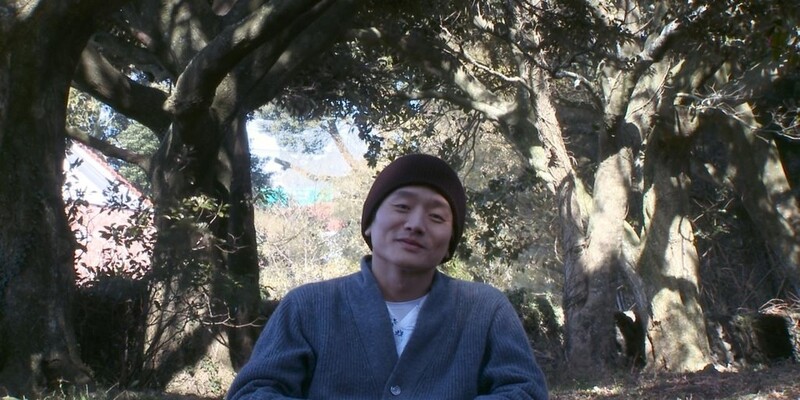 |
| ▲ This photo, provided by Cinema Dal, is a scene from the Korean film "Spring Night." (PHOTO NOT FOR SALE) (Yonhap) |
(Movie Review) Spring Night
(Movie Review) 'Spring Night': poetic film about love born of despair
By Shim Sun-ah
SEOUL, July 4 (Yonhap) -- Even in bleak times, people carry on with hope. The late prominent Korean poet Kim Soo-young conveys in his poem "Spring Night" the message that one should wait patiently, without panic or frustration, even when life is difficult and hope feels distant.
In veteran director Kang Mi-sun's latest film, "Spring Night," this poem serves as a lifeline for Young-kyung (Han Ye-ri), a woman in her 40s battling alcoholism, who recites it repeatedly.
Her voice isn't trying to convince others -- it's trying to console herself. Her life is barren of prospects: Her ex-husband has taken their only son to Canada, her career as a Korean language teacher has vanished, and she's drowning in addiction. Yet, she repeats the poem, as if to remind herself that a "good day" will still come, no matter how lost things seem.
That possibility flickers when Soo-hwan (Kim Seol-jin) appears at a mutual friend's wedding. He's a man equally hollowed out by life. Once the owner of a small but successful ironworks business, Soo-hwan is now homeless, crushed by debt after a sham divorce meant to protect his family. He suffers from severe rheumatism but has no access to treatment because he is a credit delinquent with no insurance and no place to go.
Their first true connection comes during a heavy night of drinking, when Young-kyung, blackout drunk, is carried home on Soo-hwan's back, still murmuring the lines of Kim Soo-young's poem. Soo-hwan listens in silence.
There's no romantic spark, no cinematic magic -- just two people who understand what it's like to hurt and be alone.
They soon decide to live together, not out of passion, but out of a shared desire for companionship in their final stretch of life.
But this isn't a story about recovery or redemption. Their cohabitation is not a turning point toward happiness. Young-kyung falls deeper into alcoholism, and Soo-hwan's illness worsens. Eventually, they are admitted together to a nursing home -- not for a new beginning but for a quiet end.
Based on Kwon Yeo-sun's short story of the same name, the film unfolds less like a narrative and more like a poem. The direction is spare and unembellished, with few characters beyond the two leads and almost no music. Their histories are revealed not through flashbacks but in conversations. Visuals of a cold, windy spring night with trees swaying and magnolia buds still unopened punctuate the film, echoing the mood of stasis and restrained longing. Recurring scenes of drinking and poetry reading become the film's rhythmic refrain.
In a different film, one might expect these two damaged souls to find solace, perhaps even happiness. But Kang offers no such illusions. Her gaze remains firmly rooted in reality. Does that mean spring never comes? Not quite. Perhaps it has already arrived without the audience or even the protagonists realizing it. It's nothing grand, but there were fleeting moments when the two subtly smiled in the gentle spring sunlight of love.
The movie opens in South Korean theaters Wednesday. It premiered at the non-competition Forum section of the 75th Berlin International Film Festival in February.
(END)
(C) Yonhap News Agency. All Rights Reserved













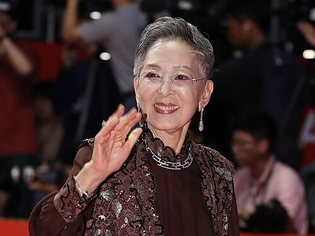
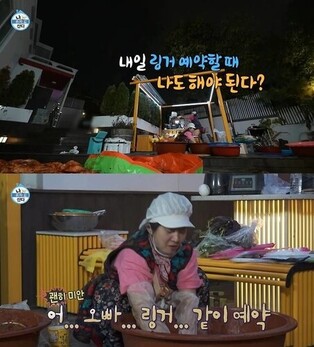
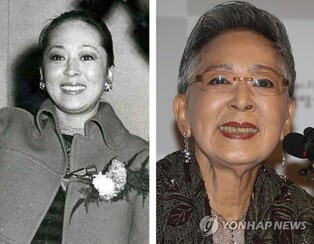
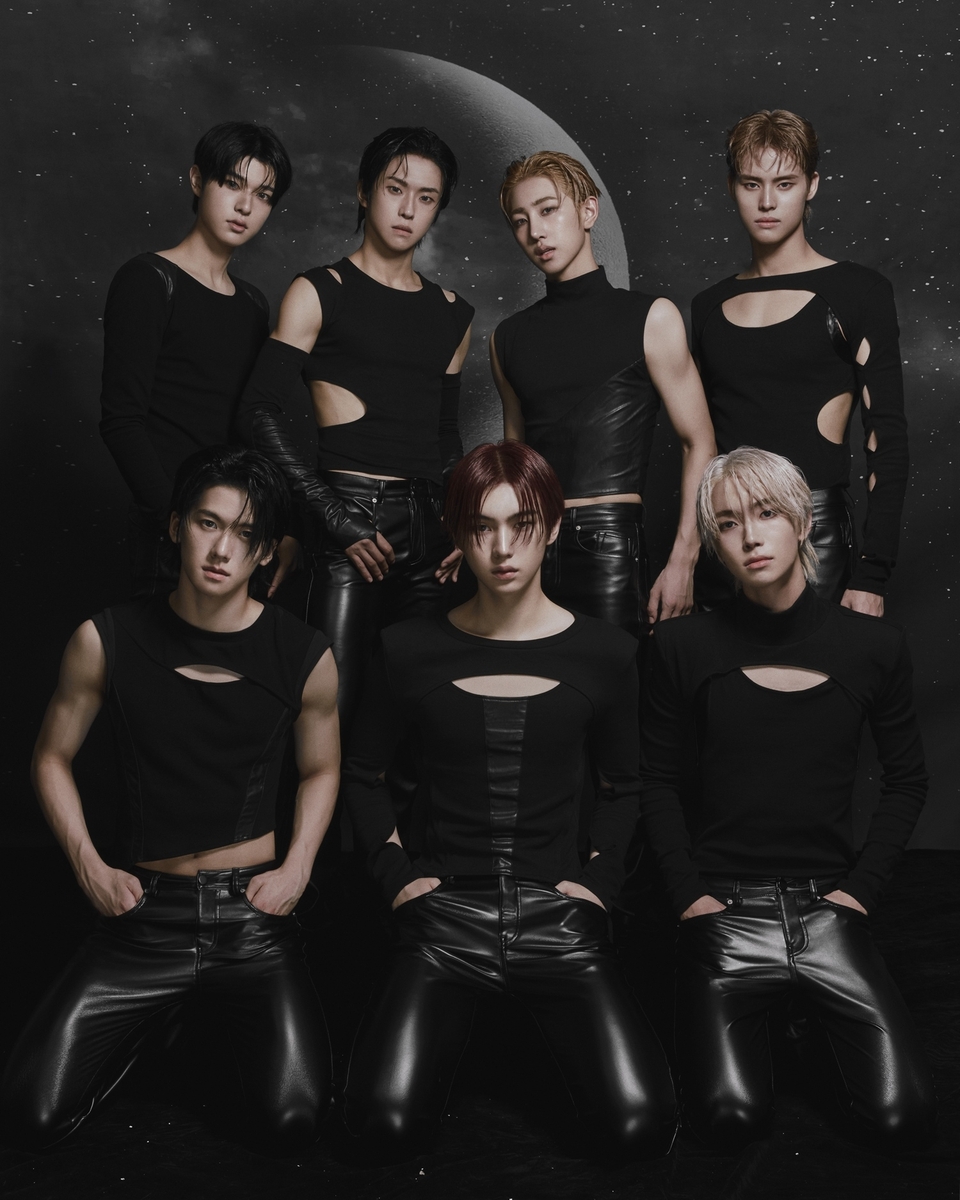
![[가요소식] 지코, 요아소비 이쿠라와 신곡 '듀엣' 발매](https://korean-vibe.com/news/data/20251212/yna1065624915953509_920_thum.jpg)
